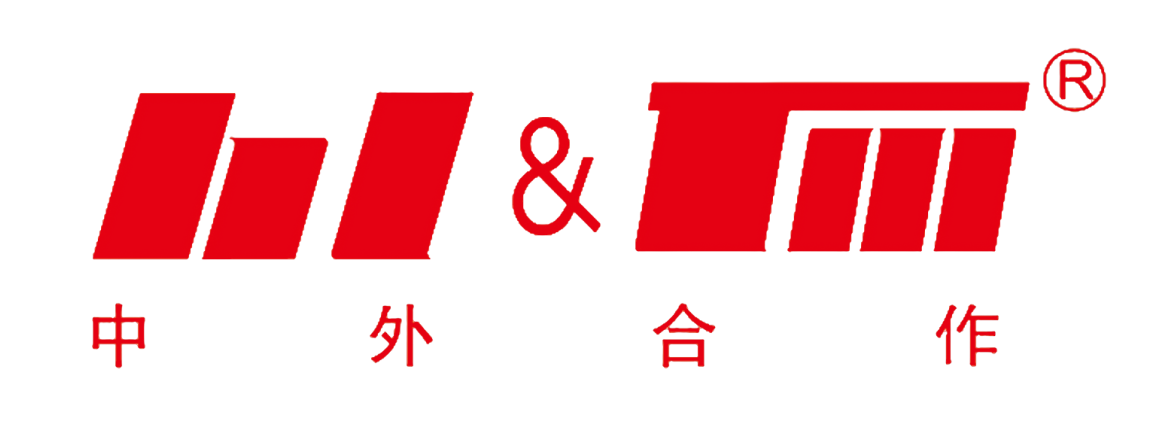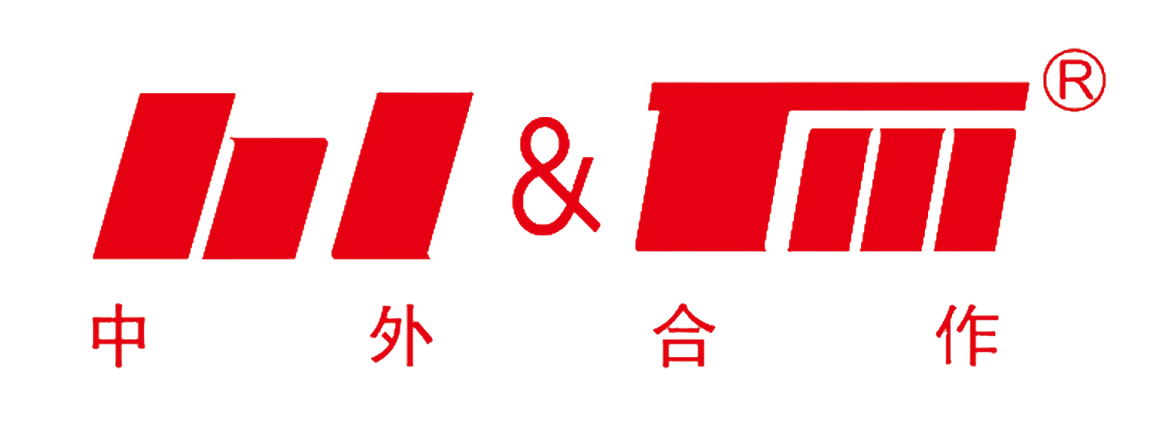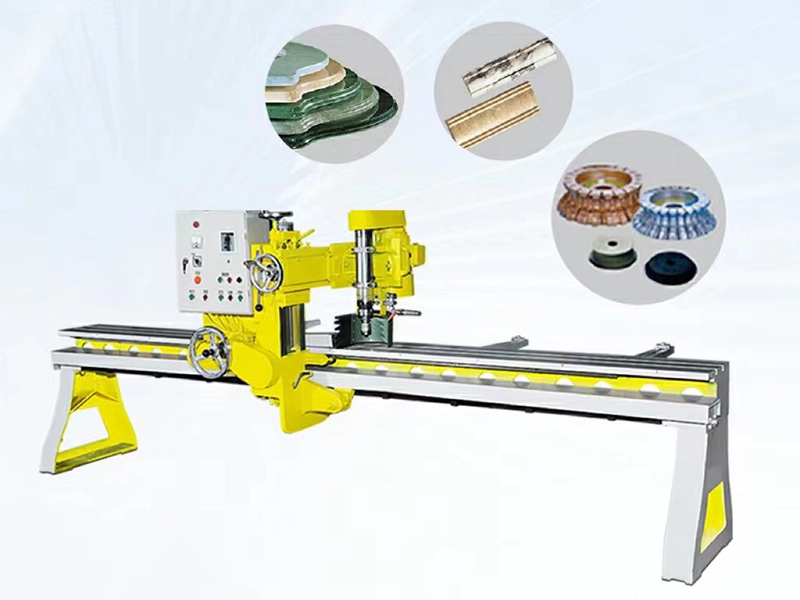ONLINE INQUIRY
*Note: Please be sure to fill in the information accurately, and keep the communication unblocked, we will get in touch with you as soon as possible
The Ultimate Guide to Choosing the Right Stone Calibrating Machine for Your Business
Time:
Feb 02,2025
The Ultimate Guide to Choosing the Right Stone Calibrating Machine for Your Business
Table of Contents
- Introduction to Stone Calibrating Machines
- Understanding Stone Calibrating Machines
- Key Features to Consider When Choosing a Stone Calibrating Machine
- Types of Stone Calibrating Machines
- Benefits of Using Stone Calibrating Machines in Your Business
- Maintenance and Support for Stone Calibrating Machines
- Common Mistakes to Avoid When Purchasing
- Frequently Asked Questions (FAQs)
- Conclusion
Introduction to Stone Calibrating Machines
In the realm of stone processing, precision is paramount. As businesses look to optimize their operations, **stone calibrating machines** have emerged as essential tools for achieving the desired thickness and flatness in stone slabs. This article serves as your ultimate guide to selecting the right stone calibrating machine for your business, ensuring you understand all critical aspects, from features to maintenance.
Understanding Stone Calibrating Machines
Stone calibrating machines are specialized equipment designed to ensure uniform thickness across various types of stone materials. They use advanced technology to grind and polish stones while maintaining a consistent surface level. This essential functionality not only enhances the aesthetic appeal of stone products but also improves their durability and usability in construction and decorative applications.
How Do Stone Calibrating Machines Work?
The operation of stone calibrating machines typically involves a series of steps:
1. **Loading the Stone**: The stone slabs are loaded onto the machine.
2. **Calibration Process**: The machine grinds the stone to achieve the required thickness using diamond abrasives or grinding wheels.
3. **Polishing**: After calibration, the surface is polished to enhance its appearance.
4. **Quality Control**: Automated systems often check for consistency in thickness, ensuring high-quality output.
Key Features to Consider When Choosing a Stone Calibrating Machine
When selecting a stone calibrating machine, it is vital to consider several key features that can significantly impact performance and productivity.
1. **Precision and Accuracy**
The primary function of a calibrating machine is to provide precision. Look for machines with advanced technology that ensures accuracy in thickness and surface finish.
2. **Speed and Efficiency**
Evaluate the processing speed of the machine. A faster machine can significantly reduce production time, which is essential for meeting deadlines and increasing output.
3. **Ease of Use**
User-friendly controls and interfaces can enhance operational efficiency. Machines with intuitive controls require less training, which can save time and resources.
4. **Durability and Build Quality**
Investing in a robust machine made from high-quality materials ensures longevity and reduces the need for frequent repairs.
5. **Maintenance Requirements**
Consider the maintenance needs of the machine. A machine requiring minimal maintenance will save you time and money in the long run.
Types of Stone Calibrating Machines
Understanding the various types of stone calibrating machines available can help you make an informed choice.
1. **Bridge Type Calibrating Machines**
These machines use a bridge structure to hold the grinding tools, offering high precision and stability, ideal for larger stone slabs.
2. **CNC Calibrating Machines**
Computer Numerical Control (CNC) machines provide automation and high precision, allowing intricate designs and patterns to be calibrated effortlessly.
3. **Vertical Calibrating Machines**
These machines are designed for vertical processing, making them suitable for specific applications and space constraints.
4. **Horizontal Calibrating Machines**
Horizontal machines are versatile and can handle a variety of stone types, providing uniform thickness and quality finishes.
Benefits of Using Stone Calibrating Machines in Your Business
Investing in a stone calibrating machine offers numerous benefits that can enhance your business operations.
1. **Enhanced Product Quality**
With improved precision and uniformity, the quality of finished stone products is significantly enhanced, attracting more customers.
2. **Increased Efficiency**
Automating the calibration process speeds up production, allowing businesses to handle larger orders and meet tight deadlines.
3. **Cost-Effectiveness**
While the initial investment may be high, the long-term savings in labor and material costs make stone calibrating machines a cost-effective solution.
4. **Versatility in Applications**
These machines can be used for various stone types, making them suitable for a range of projects from countertops to flooring.
Maintenance and Support for Stone Calibrating Machines
Proper maintenance is crucial for the longevity and performance of stone calibrating machines.
1. **Routine Maintenance Practices**
Regular checks on grinding wheels, cleaning of components, and software updates are essential for optimal performance.
2. **Understanding Warranty and Support**
When purchasing, ensure you understand the warranty terms and the availability of support services. A reliable manufacturer will provide excellent customer service and readily available parts.
Common Mistakes to Avoid When Purchasing
Avoiding common pitfalls can save you time and resources in the long run.
1. **Ignoring Production Needs**
Failing to assess your production volume and needs can lead to purchasing an inadequate machine.
2. **Underestimating Costs**
Consider not just the purchase price but also maintenance and operational costs when budgeting.
3. **Skipping Research**
Not researching different models and manufacturers can result in missed opportunities for better options or competitive pricing.
Frequently Asked Questions (FAQs)
1. What is the average price range for a stone calibrating machine?
The price can vary significantly based on features and brand, typically ranging from **$20,000 to $100,000**.
2. How often should I perform maintenance on my stone calibrating machine?
Routine maintenance should be conducted **monthly**, with thorough checks at least **once a year**.
3. Can I use a stone calibrating machine for other materials?
While primarily designed for stone, some machines can handle other materials like **ceramics** or **glass**, depending on the grinding tools used.
4. What are the key indicators that my machine needs repairs?
Signs include unusual noises, decreased efficiency, or visible wear on components.
5. Is training necessary to operate a stone calibrating machine?
Yes, training is crucial for ensuring safe and effective operation, especially for complex models like **CNC machines**.
Conclusion
Choosing the right stone calibrating machine for your business is a pivotal decision that can enhance productivity and product quality. By understanding the types of machines available, considering critical features, and being mindful of common mistakes, you can make an informed choice. Investing in the correct machinery not only streamlines your operations but also positions your business for long-term success in the competitive stone processing industry.
RELATED NEWS




